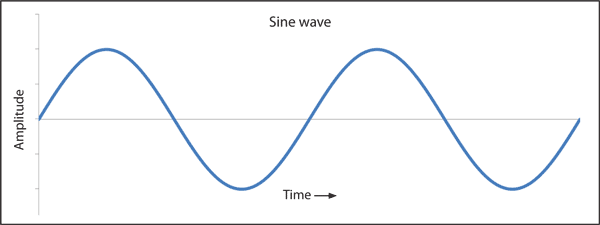
There is an interesting cognitive bias called confirmation bias in which people interpret information to suit their worldview or desires. For example, if you think your manager is a jerk, you will interpret many of his actions to be jerk-like, even if they aren’t. You may also neglect instances in which your boss is not a jerk or is actually nice to you and not even remember them or come up with some other way to rationalize why he is being nice e.g. he wants something from me.
I find confirmation bias is particularly insidious when you are trying to predict your own life outcomes. Let’s say you’re having a rough couple of months because you’re unemployed. You’re depressed, so you might start thinking thoughts like “I am forever unemployable. I can’t work with other people, and I suck at interviewing.” You’ll start looking at all the events in your life that indicate you could never be a good employee and go deeper and deeper into depression.
Confirmation bias also applies if you’re an optimist. Let’s say you just won a promotion at work and you feel like you’re on your way up in your company. You might think every little nice comment your co-workers or boss give to you are a signal you’re God’s gift to marketing or sales or whatever. You see other managers talking quietly amongst themselves and think they might be talking about how awesome you are, and that maybe they’re thinking about giving you a huge raise soon. Soon, you start acting like an egotistical lunatic.
Because we have this need to develop a sort of life narrative, we draw inaccurate conclusions about things that happen to us. Yes, things have happened to you, and yes, they led you to where you are now, but it doesn’t mean it was fated to happen.
Think of your life as a sine wave representing the progression of your life. At any given time, your life may be great (peak of sine wave), or it may be crappy (nadir of sine wave). If you’re at the peak, you’ll “realize” that everything that has happened to you led you to this point. This is true, the previous ups and downs are a part of your life and now you’re at this point. But it doesn’t mean it was supposed to happen. It just happened to happen.
The same thing on the bottom. Everything that has happened in your life had brought you to this point. But it doesn’t mean it was fated to be this way.
It’s this application of judgment and forecasting of our lives’ sine waves that get us into trouble. If we can simply say “things are as they are,” we would worry less and be more comfortable with our lives at any given point in the sine wave.
There is an excellent story by Liu An, a 2nd Century BC Chinese prince, that Benjamin Hoff includes in his book, The Te of Piglet (sequel to The Tao of Pooh), that illustrates this point extremely well.
An old man and his son lived in an abandoned fortress on the side of a hill. Their only possession of value was a horse.
One day, the horse ran away. The neighbors came by to offer sympathy. “That’s really bad!” they said. “How do you know?” asked the old man.
The next day, the horse returned, bringing with it several wild horses. The old man and his son shut them all inside the gate. The neighbors hurried over. “That’s really good!” they said. “How do you know?” asked the old man.
The following day, the son tried riding one of the wild horses, fell off, and broke his leg. The neighbors came around as soon as they heard the news. “That’s really bad!” they said. “How do you know?” asked the old man.
The day after that, the army came through, forcing the local young men into service to fight a faraway battle against the northern barbarians. Many of them would never return. But the son couldn’t go, because he’d broken his leg.
At any given type, the old man, like his neighbors, could have felt his life was going terrible and or it was going incredibly well. Instead, he saw things as they were.
Though it’d be unrealistic and a little un-human to not be excited or disappointed by events, it’d be best if we can leave our interpretations at that. “I like this that this happened” should be sufficient, and we can leave out the forecasting. It’s much different than the western way of setting exciting and daring goals for ourselves and measuring our success based on how far or close we are to achieving those goals.
Now I have to go to work for my first day as an independent contractor. I’m excited, but who knows whether this will turn out to be a good or bad thing.